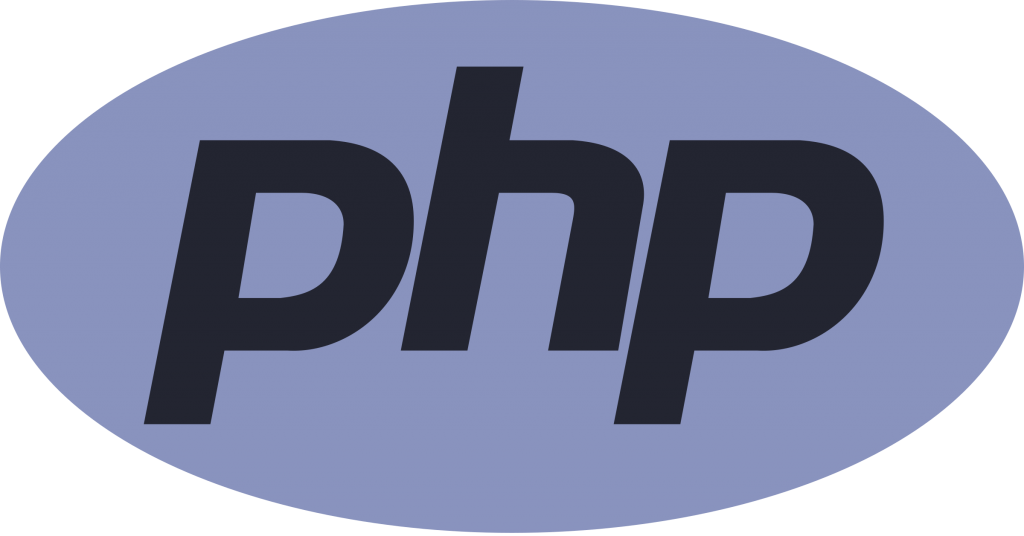Reading time: 4 minutes.
Choosing the right website database for your website is a critical decision that can significantly impact the performance, scalability, and maintainability of your web application. This comprehensive guide aims to help you navigate through the various database technologies available, including both SQL and NoSQL solutions, and to identify which is best suited for different use cases.

Introduction to Website Database
Choosing the right website database is an essential decision that can significantly impact its performance, scalability, and long-term viability. This decision is not merely a technical one; it’s a strategic choice that affects how data is stored, accessed, and manipulated. In the dynamic landscape of web development, where data plays a pivotal role, selecting the appropriate database technology – be it a traditional SQL or a modern NoSQL solution – is crucial.
This comprehensive guide aims to demystify this choice by providing an in-depth look at various database technologies. We’ll explore SQL and NoSQL solutions, delving into their strengths, weaknesses, and ideal use cases. Our goal is to equip you with the knowledge to make an informed decision that aligns with your specific web application requirements, ensuring that your database not only supports but enhances your website’s functionality and user experience.
Understanding SQL Databases
SQL (Structured Query Language) databases, also known as relational databases, are the traditional choice for web applications. They are based on a predefined schema and use SQL to manage data.
Popular SQL Databases:
- MySQL: Widely used for web applications, known for its ease of use and good performance.
- PostgreSQL: Offers advanced features and is known for its standards compliance and scalability.
- Microsoft SQL Server: Preferred in Windows server environments, known for its high performance and security features.
Use Cases for SQL Databases:
- E-Commerce Websites: SQL databases are excellent for handling structured data like product catalogs, customer information, and order histories.
- Content Management Systems (CMS): Ideal for managing hierarchical data, such as pages, posts, and media files.
- Financial Applications: Their transactional integrity and robustness make SQL databases suitable for financial applications requiring consistent data states.
Exploring NoSQL Databases
NoSQL databases are a newer generation of databases that provide more flexibility and scalability than traditional SQL databases. They are designed to handle unstructured and semi-structured data.

Types of NoSQL Databases:
- Document Stores (e.g., MongoDB, CouchDB): Store data in JSON-like documents and are ideal for data with a varied structure.
- Key-Value Stores (e.g., Redis, DynamoDB): Simple and highly performant, suitable for caching and session storage.
- Wide-Column Stores (e.g., Cassandra, HBase): Efficient for analyzing large datasets and suitable for high write and read throughput.
- Graph Databases (e.g., Neo4j, Amazon Neptune): Excellent for handling interconnected data, like social networks or recommendation engines.
Use Cases for NoSQL Databases:
- Big Data Applications: Suitable for handling large volumes of data that don’t fit into a traditional relational database model.
- Real-Time Analytics: NoSQL databases can handle real-time data ingestion and processing, ideal for analytics applications.
- Content Management and Delivery: Flexible schema allows for easy changes to content types and structures.
- IoT Applications: Efficient in storing and processing large streams of data from IoT devices.
Comparison of SQL and NoSQL Databases
Schema Flexibility:
- SQL: Requires a predefined schema. Changes in schema can be complex.
- NoSQL: Schema-less or have dynamic schemas, allowing for easier modifications.
Scalability:
- SQL: Vertical scaling (scaling up) is common, which might become costly.
- NoSQL: Designed for horizontal scaling (scaling out), distributing data across multiple servers.
Data Model:
- SQL: Best for structured data with relationships between entities.
- NoSQL: Ideal for unstructured or semi-structured data.
Transaction Support:
- SQL: Strong support for ACID properties (Atomicity, Consistency, Isolation, Durability).
- NoSQL: Varies by type, with some (like MongoDB) offering ACID transactions, while others prioritize performance and scalability.
Querying:
- SQL: Powerful querying capabilities using SQL.
- NoSQL: Querying capabilities vary by type; some require learning a new query language.
Making the Right Choice of Website Database
When choosing a database for your website, consider the following factors:
- Nature of Data: Structured vs. unstructured data.
- Scalability Needs: Predicted growth of your application.
- Consistency Requirements: Importance of data accuracy and consistency.
- Development Environment: Compatibility with your existing stack.
- Expertise: Availability of expertise and community support.
Conclusion of Website Database

The choice between SQL and NoSQL databases ultimately depends on the specific requirements and goals of your web application. SQL databases are well-suited for applications with structured data and a need for complex queries and transactions. In contrast, NoSQL databases offer flexibility and scalability, making them ideal for applications with large or rapidly changing data sets.
By carefully evaluating your application’s needs, you can select a database technology that not only meets your current requirements but also supports your long-term goals. Remember, the right database can be a pivotal factor in the success of your web application.





